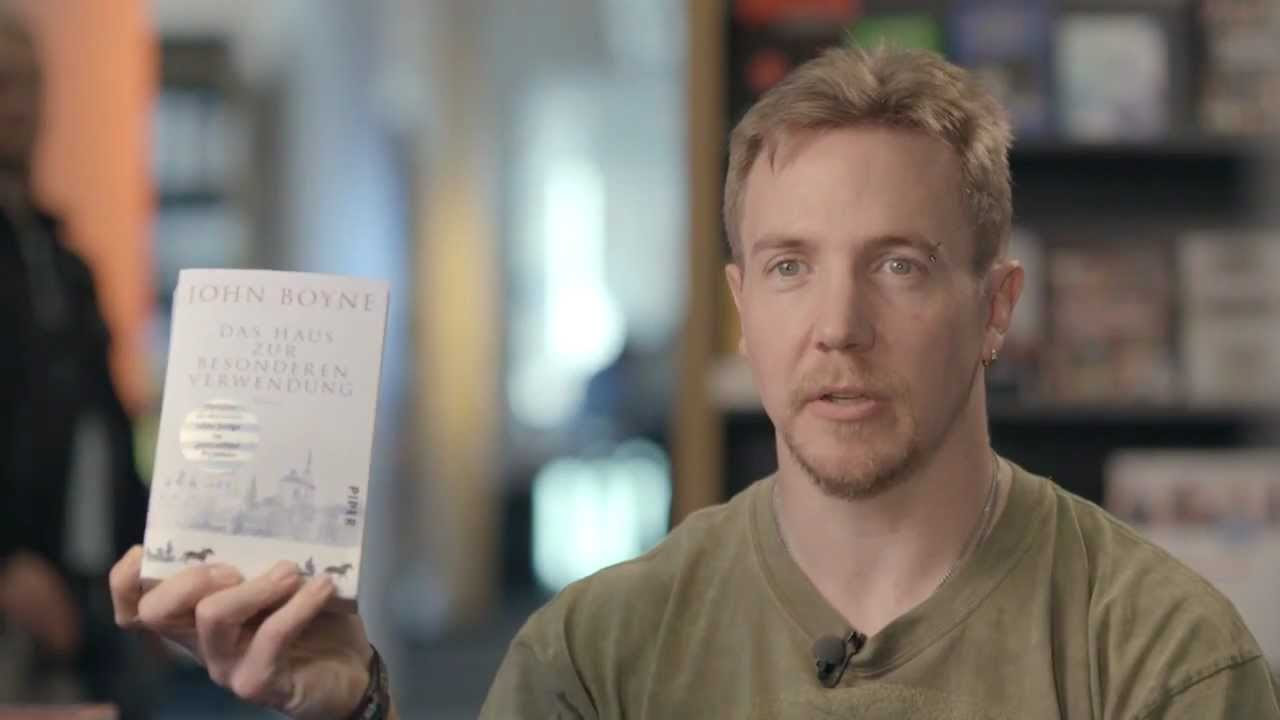
Introduction
John Boyne is a prominent Irish author celebrated for his profound literary contributions, particularly in the realm of historical fiction. With several bestselling novels under his belt, including the internationally acclaimed ‘The Boy in the Striped Pyjamas’, Boyne’s works delve into complex themes of identity, humanity, and the moral dilemmas faced during tumultuous periods in history. Understanding Boyne’s literary journey not only provides insights into his narrative style but also the cultural and historical contexts he explores, making him a significant figure in contemporary literature.
Key Works and Themes
Since the publication of his debut novel, ‘The Thief of Time’, in 2000, Boyne has proven to be a versatile writer, adept at exploring different genres and styles. His most notable work, ‘The Boy in the Striped Pyjamas’, tells the heartbreaking story of friendship during the Holocaust through the innocent eyes of a young boy. The novel has sold over 11 million copies globally and has been adapted into a successful play and film, solidifying Boyne’s status as a leading author.
In addition to his famous title, Boyne has released several other novels, including ‘The Heart’s Invisible Furies’, which tracks the life of a gay man in Ireland from the 1940s to the present day, and ‘A Traveler at the Gates of Wisdom’ that intricately weaves tales across centuries. Boyne often engages with themes such as exile, loss, and the impact of societal norms on personal identities, reflecting the historical and cultural landscape of Ireland.
Recent Events and Recognition
As of late 2023, John Boyne has continued to expand his literary repertoire with a new release, ‘The Echo Chamber’, a darkly humorous commentary on the modern world’s social media landscape. Critics have praised the novel for its clever insights and poignant reflections on communication in the digital age.
In recognition of his contributions to literature, Boyne has been awarded numerous accolades, including the novel of the year at the Irish Book Awards. His works have sparked conversations about the importance of storytelling in understanding the human condition, and his voice remains vital in discussing contemporary issues through a historical lens.
Conclusion
John Boyne’s journey as a writer underscores the power of literature to illuminate the human experience. Through his captivating storytelling, he invites readers to reflect on history, morality, and their implications in today’s society. As he continues to evolve as an author, Boyne’s influence on both Irish literature and global narratives is likely to endure, encouraging both readers and writers to engage deeply with the complexities of the human story.
You may also like

The Literary Influence of Zadie Smith

Exploring the Career of Jo Brand: Comedian and Author
